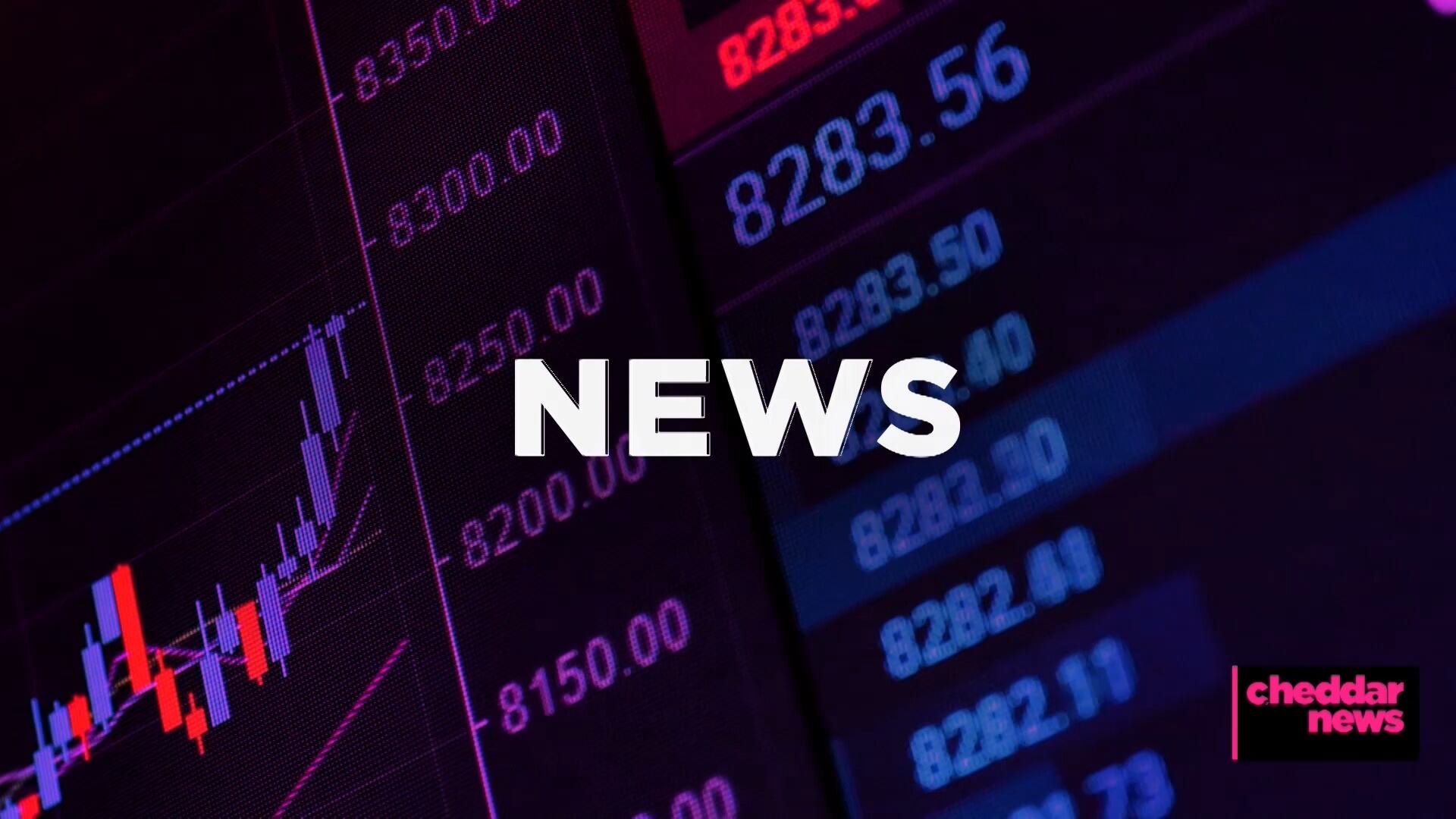*By Christian Smith* The medtech start-up Heal has raised $20 million with plans to expand its house-call service to more cities in the United States. The company announced its latest round of funding Tuesday, bringing the amount that the three year-old company has raised to more than $69 million. Heal's co-founder and CEO Nick Desai said he wants to use the new capital to expand and improve the technology that doctors can use to treat patients. "The secrete sauce of Heal thus far has been to lower the operating costs of everything from booking and billing compared to a traditional office so that our doctors can do house calls," Desai said Tuesday in an interview with Cheddar. "Now we want to innovate technologies for the in-home care so that doctors have more data and more intelligence with which to deliver more precision care to patients." The new investment comes from Bascom Ventures, Inflection Capital, IRA Capital, RLJ Equity Partners, Trans-Pacific Partners, and others including BET founder Robert Johnson, who told Cheddar he got involved with the start-up to help reach minority communities. "It brings health care to people who in many cases are under-served because of their neighborhood, because of their economic status, or other factors that deprive them of the quality health care that most people would like to have," Johnson said. As health care costs continue to rise across the country, Heal said it's looking to offer a more affordable option. The company has said its tech platform lowers operating costs and medical bureaucracy by 65 percent, leading to lower prices for patients. Heal is one of a handful of health care start-ups that are looking to change the traditional patient-practice structure, where doctors see an average of 40 patients a day. One Medical is a primary care start-up with a membership model that cuts costs by limiting the number of patients its doctors see daily and using video consultations instead of in-office visits. Doctor On Demand, another new primary care option, [recently raised $74 million](https://techcrunch.com/2018/04/25/video-consultation-service-doctor-on-demand-raised-74-million-so-everyone-can-see-a-doctor-anytime/) to expand its video consultation service capabilities. Though these tech-based care providers only make up a small part of the health care market, major insurance companies are getting on board. Heal is an in-network PPO option for Blue Shield of California, Health Net, Anthem Blue Cross, Aetna, United Health Care, CareFirst, and other plans. Outside of an accepted healthcare plan, patients can see a Heal doctor at home for $99. Since launching in March 2015, Heal doctors have made more than 60,000 house calls. The service is available in most major cities in California and in Washington, D.C., and Northern Virginia. For the full interview, [click here](https://cheddar.com/videos/doctor-house-call-start-up-heal-expanding).












